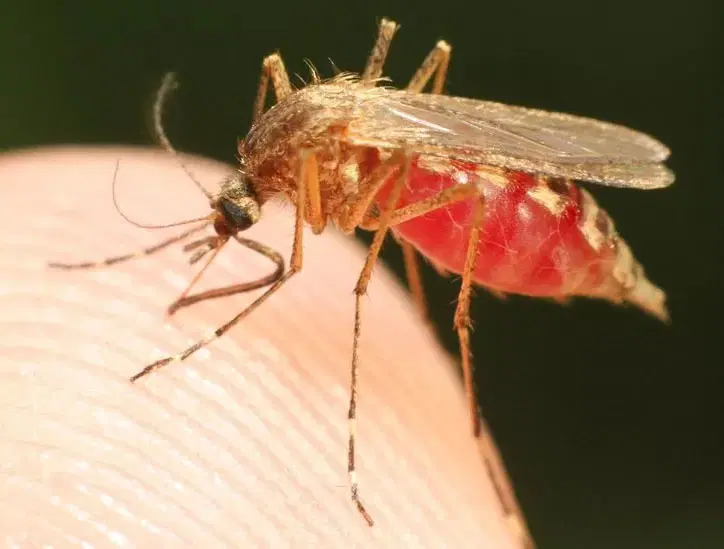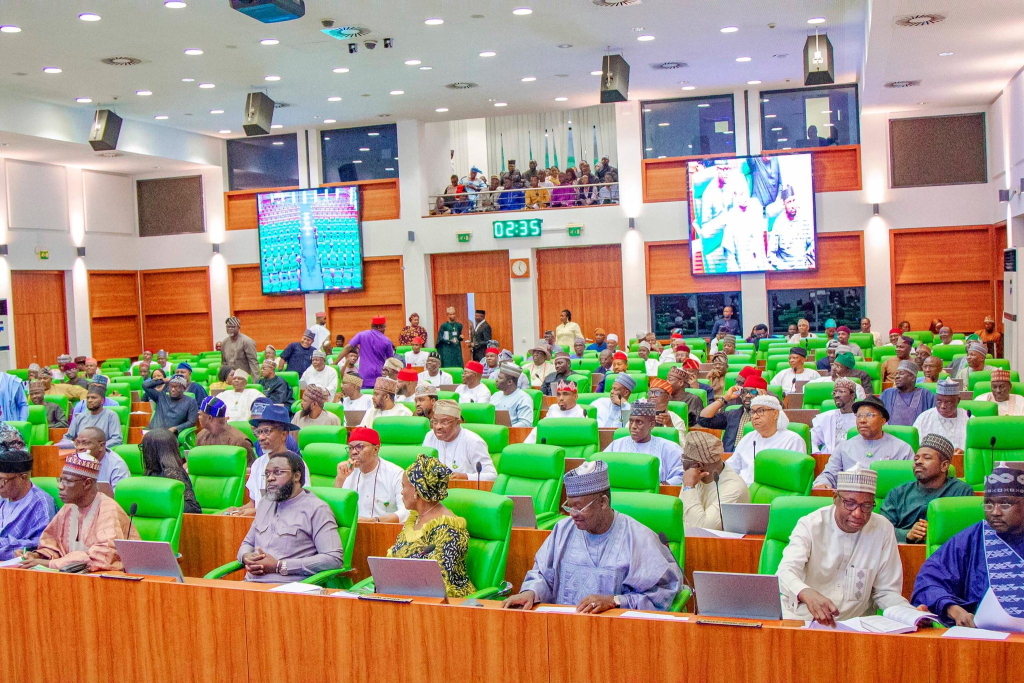
FG, World Bank push for self-sufficiency in malaria commodities,
…Target 70% local production by 2030 as NAFDAC reports 40% progress
By Johnbosco Agbakwuru
ABUJA — THE Presidential Initiative on Value Addition to the Healthcare Sector, PVAC, has reaffirmed its commitment to strengthen Nigeria’s capacity to locally manufacture anti-malaria medicaments, as part of broader efforts to reduce import dependence, create jobs and enhance public health security.
Speaking at a three-day national workshop on “Enhancing Local Manufacturing and Supply Chains for Malaria Commodities,” in Abuja, the National Coordinator of PVAC, Dr. Abdu Mukhtar, said the initiative is a crucial step towards building a sustainable health manufacturing ecosystem in Nigeria.
He recalled that PVAC was established in October 2023 by President Bola Tinubu with a clear mandate to increase Nigeria’s share of locally manufactured healthcare products.
“Nigeria is the only country in the world with a population of over 100 million that does not produce the majority of its healthcare products.
“For instance, we import almost 99% of test kits, 100% of vaccines, and 70-80% of generic medicines. This is a problem we must fix,” he said.
He disclosed that PVAC has set a target to support local production of at least 70% of essential healthcare products by 2030, guided by clear milestones and strategic interventions.
A comprehensive assessment, he added, identified malaria commodities, active pharmaceutical ingredients, APIs, rapid diagnostic tests, RDTs, and bed nets, as critical value points, given Nigeria’s 27% share of the global malaria burden.
Mukhtar outlined several interventions already underway, including establishment of a clinical trials consortium, the launch of the Empower Academy to build human capital, and the creation of MediPool, a pooled procurement entity backed by a Presidential Executive Order to offer fiscal incentives to manufacturers.
He also highlighted recent progress, including the commissioning of a major RDT production facility in Ogun State and upcoming projects, such as an API plant and a bed net manufacturing facility.
Director-General of the National Agency for Food and Drug Administration’s and Control, NAFDAC, Professor Mojisola Adeyeye, disclosed that Nigeria had increased local manufacturing of malaria medicaments from 30% in 2017 to 40 per cent, following sustained regulatory reforms and industry collaboration.
She said the agency’s push for self-reliance began in 2017, with the adoption of ISO 9001:2015 Quality Management Systems and a shift towards global benchmarking. In 2019, NAFDAC introduced the “Five Plus Five” strategy, giving manufacturers five years to fully migrate to local production or enter contract manufacturing partnerships.
“That was how we moved from 30 per cent to about 40 per cent local production. Around 30 per cent of companies have since built or retrofitted their facilities,” she said, while also challenging manufacturers to begin local production of APIs for malaria drugs.
Expanded import ceiling
She noted that despite temporary setbacks following the 2022 naira devaluation, the sector is on a recovery path. NAFDAC has expanded the import ceiling list from nine to 36 products and maintained strict regulatory oversight, ensuring only globally compliant products receive approval.
Professor Adeyeye also highlighted Nigeria’s regulatory maturity leap from below level one in 2016 to level three, making it the first African country to be successfully re-benchmarked by WHO.
She noted that Nigeria now has at least one operational malaria test kit manufacturer and is the second country after Ghana to approve the R21 malaria vaccine in 2022.
“We must stop importing what we can produce locally. If we don’t think of ourselves, nobody will think for us. This is Nigeria. We can do it,” she declared.
At the event, the World Bank expressed strong support for Nigeria’s drive to boost local manufacturing, describing it as critical for job creation, poverty reduction and improved health outcomes.
Represented by Mr.Onoriede Ezire, the World Bank said increased domestic production of malaria medicines will not only enhance Nigeria’s ability to tackle malaria, responsible for the highest number of under-five deaths but also stimulate economic growth.
“When we establish and support local manufacturers, job creation follows. The more people are employed, the more they can meet their basic needs. It’s a big win for the country and for the Bank,” Ezire said, noting Nigeria’s significant market size and malaria burden.
On his part, the National Coordinator, National Malaria Elimination Programme, NMEP, Dr. Nnenna Ogbulafor, said the workshop focused on assessing existing capacity for API production, reviewing regulatory and market dynamics, and fostering research, technology and innovation.
“Everyone needed to make this work is in this room. We want to ensure all issues are captured correctly and used to develop a clear plan towards the 2030 local manufacturing target,” she said.
The post FG, World Bank push for self-sufficiency in malaria commodities appeared first on Vanguard News.
,
THE Presidential Initiative on Value Addition to the Healthcare Sector, PVAC, has reaffirmed its commitment to strengthen Nigeria’s capacity to locally manufacture anti-malaria medicaments, as part of broader efforts to reduce import dependence, create jobs and enhance public health security.
The post FG, World Bank push for self-sufficiency in malaria commodities appeared first on Vanguard News.
, , Idowu Bankole, {authorlink},, , Vanguard News, October 15, 2025, 2:50 am












